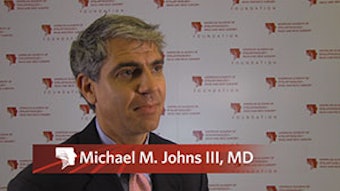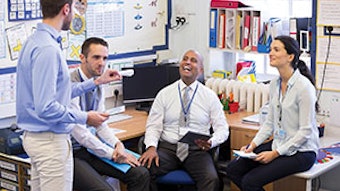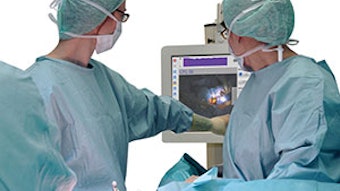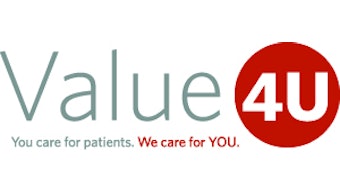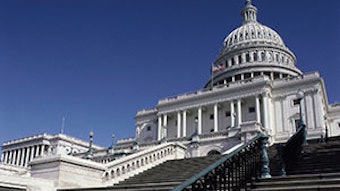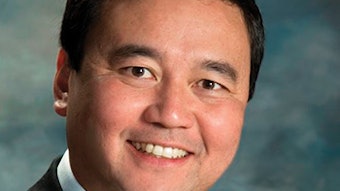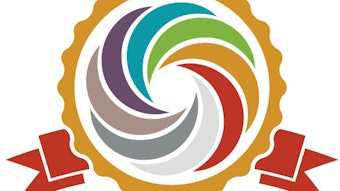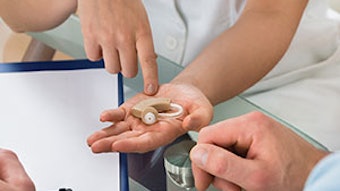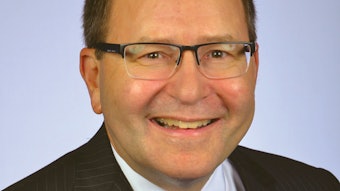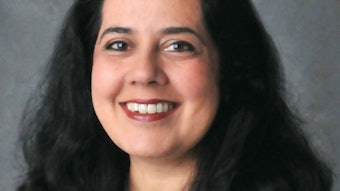Hope and hearing for Honduran villages
Arriving at the airport in Tegucigalpa, Honduras, our group—60 Americans in yellow shirts with “More than Medicine” written on them—was certainly easy to locate. With people arriving from Texas, Tennessee, North and South Carolina, and several other states, the excitement level was high for the upcoming eight-day mission to Guaimaca.
By Jayne Stevens, MD, AAO-HNSF Humanitarian Resident Grantee, San Antonio Military Medical Center, San Antonio, TX
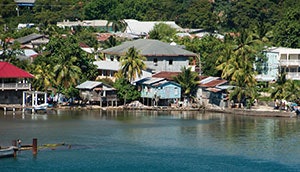
The mission took place at the Baptist Medical and Dental Mission International facilities in Guaimaca, Honduras, and in several nearby surrounding villages. Guaimaca, which is located northeast of the nation’s capital, is a rural town with a primarily agricultural economy. The hospital provides the only medical care to the surrounding areas, with a Honduran physician on call at all times. The facility also serves to host humanitarian medical and surgical missions, our group being one of these.
Our team, which traveled as part of TIME for Christ Global Ministries, consisted of surgical teams for otolaryngology, general surgery, orthopedic surgery, and obstetrics/gynecology as well as primary care teams for daily missions to local villages. After a grueling 13-hour clinic the first day, the operating rooms were filled, and all of the patients were screened.
Over the next five days, 96 operations were performed, with otolaryngologists performing just under 30 of these. In the local villages, approximately 1,200 patients were evaluated and treated medically, including the many patients with hearing loss who were fitted with solar-powered hearing aids. The days were long, but the gratitude of the Honduran people was strong motivation for our efforts. Throughout the week, our group, which originally seemed like a uniform sea of yellow shirts to an outsider, became much more heterogeneous as I came to know more about my fellow volunteers. Hearing the stories that led each to set aside finances and time to serve in a developing country was truly moving.
I hope our efforts in Honduras prove to have a lasting and positive impact on the people we encountered. Regardless of whether this occurs, I know that the experience has profoundly influenced my perspectives on many topics including humanitarian efforts, healthcare equity, and the efficient use of medical resources. I am thankful to the AAO-HNSF Humanitarian Efforts Committee for its assistance in making this trip possible. I am also thankful to the three otolaryngologists I accompanied: David S. Parsons, MD, Scott A. Estrem, MD, and John R. Blumer, MD. Their excellent guidance and teaching was valuable, and their demonstration of selflessness in service to others was inspiring.
